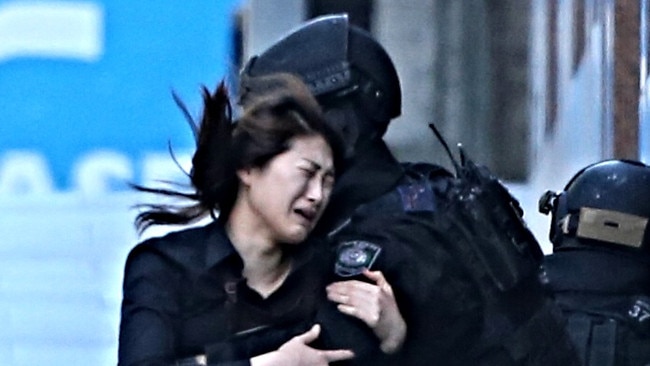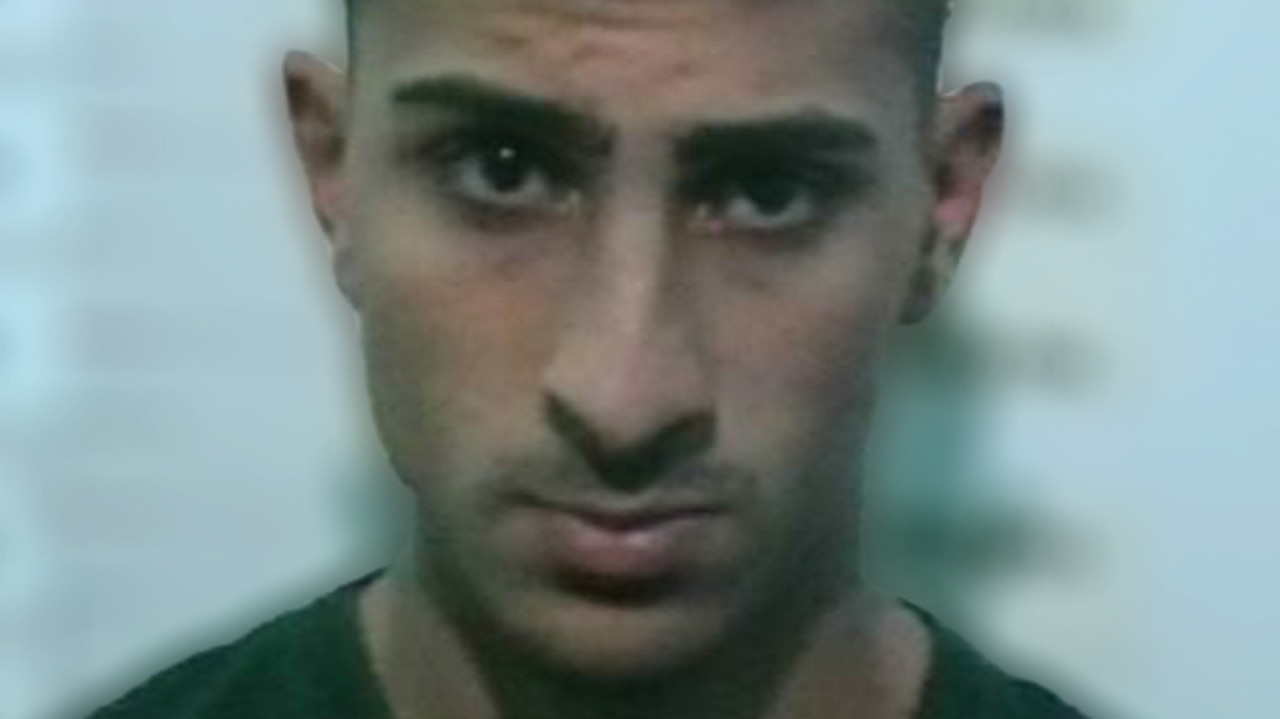Green light for SAS to bolster terror response
Barriers to the deployment of special forces to deal with domestic terror will be removed under new legislation.

Barriers to the rapid deployment of special forces troops, military hardware and defence experts to deal with domestic terror threats will be removed under changes to be introduced into parliament today.
The new ADF call-out powers will enable the states and territories to gain faster access to defence expertise and assets, which were previously only available when authorities were effectively “overwhelmed”.
Attorney-General Christian Porter said the new laws, prompted by the 2014 Lindt cafe siege, introduced a “significantly more flexible” threshold for states and territories to call in the ADF support.
“It is designed to try and assess, at a reasonably early opportunity, whether or not there are any specific skills or assets that the ADF could bring to bear to a situation to help to protect Australian citizens from what is unfortunately an ever-present threat of domestic terrorism,” Mr Porter said.
He said the powers were designed particularly to deal with three key scenarios: drawn-out sieges; terror events such as those seen in Paris and London, involving “geographically widespread, co-ordinated attacks”; and threats involving biological, chemical or radiological weapons.
The Defence Act amendment will clarify and expand the ADF’s powers to search, seize and control movement at the scene of a terrorist incident; and allow the ADF to be pre-authorised to respond to threats on land, at sea and in the air, for major events such as APEC conferences.
Fighter jets and attack helicopters could also be scrambled to deal with credible threats to major sporting events from the air, while ADF troops could be deployed to incidents that cross state boundaries.
The proposed changes implement the recommendations of the Prime Minister’s Defence Counter Terrorism Review last year. The measures have been negotiated with the states and territories and are expected to be supported by Labor.
The 16-hour Lindt cafe siege, by lone gunman Man Monis, ended in the deaths of two hostages.
“What the Lindt cafe siege demonstrated is that there was a very high and very inflexible threshold pursuant to which you could have the ADF participate in a response designed to help protect Australian citizens,” Mr Porter said.
He said it was impossible to say whether the incident would have turned out differently with ADF support. But he said it was possible that “the tactical and training expertise of the commando regiment or SAS officers could bring something to the response” during armed sieges.
The current threshold for states and territories must show they “are not, or are unlikely to be, able to protect themselves or commonwealth interests”.
Under the new standard, either the Prime Minister or two authorised ministers, must be satisfied that serious violence is occurring or likely to occur, and the ADF would enhance the response of state or territory authorities.
Mr Porter said the existing standard was so high that “the state would have to be overwhelmed in terms of its ability to respond” before calling in ADF support.
The changes to ADF call-out powers are the most significant since the 2000 Sydney Olympics.


